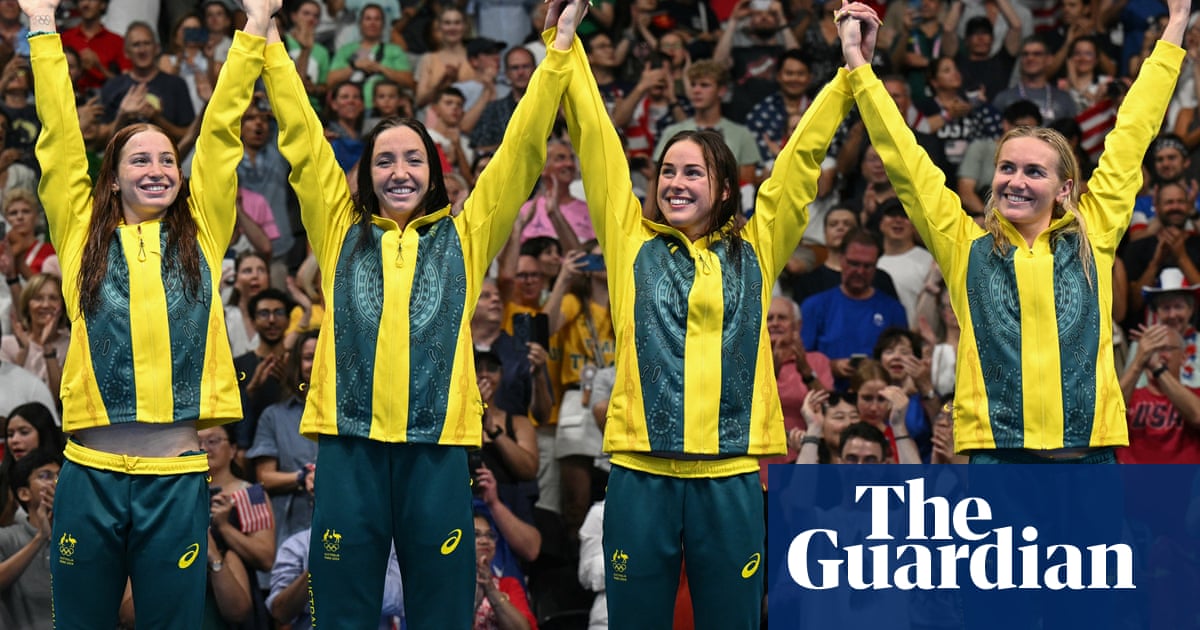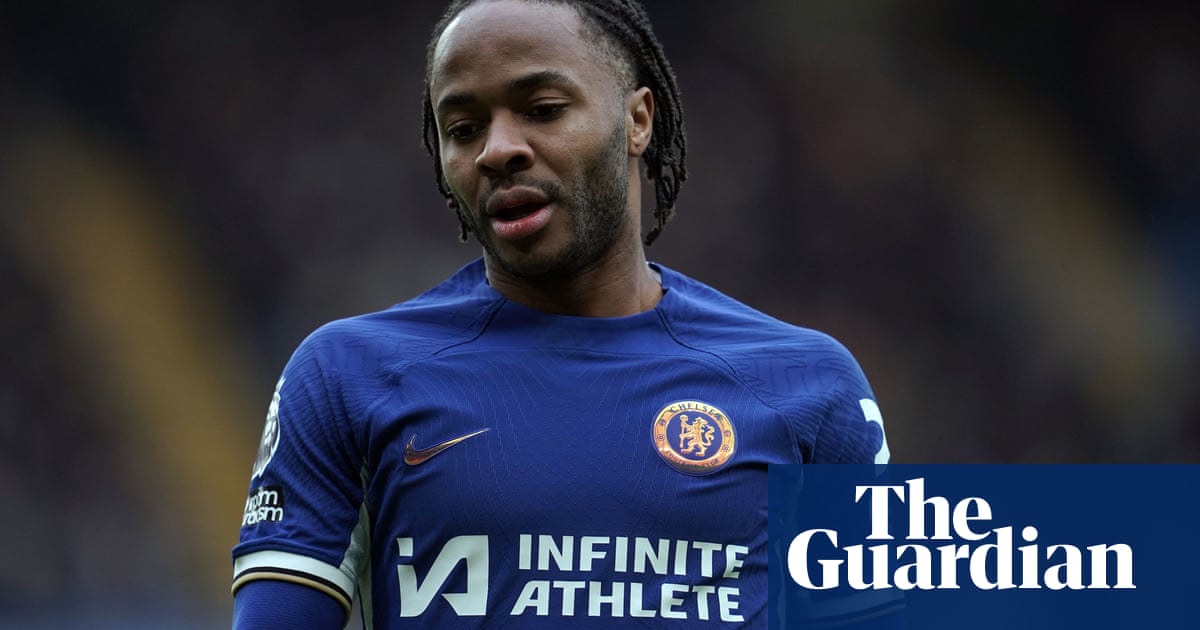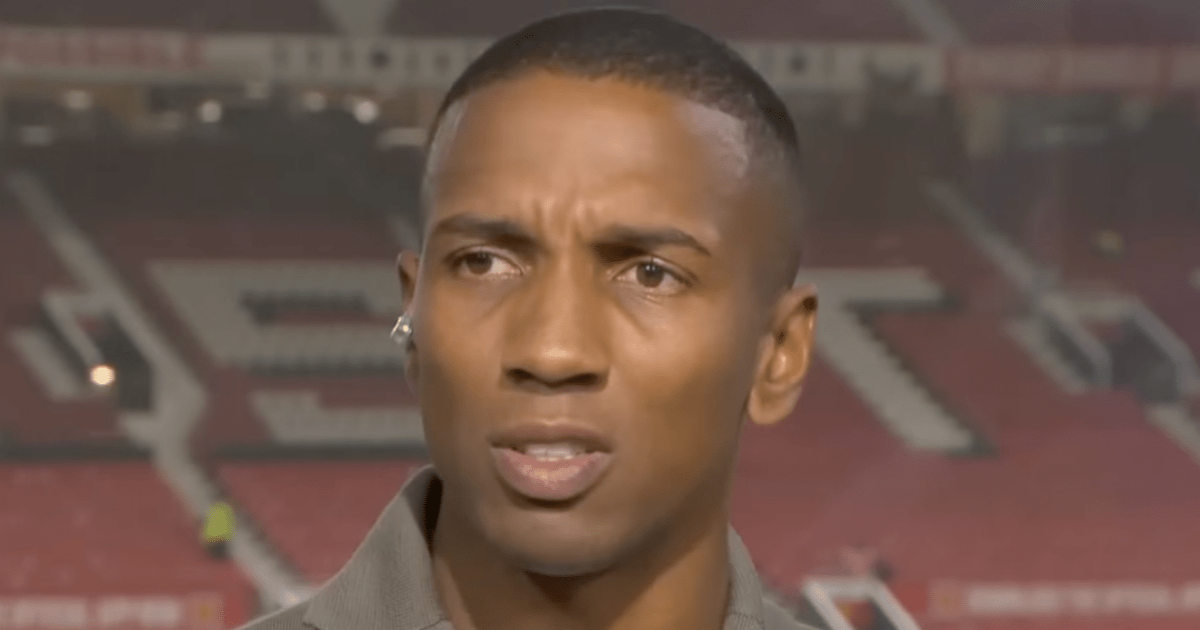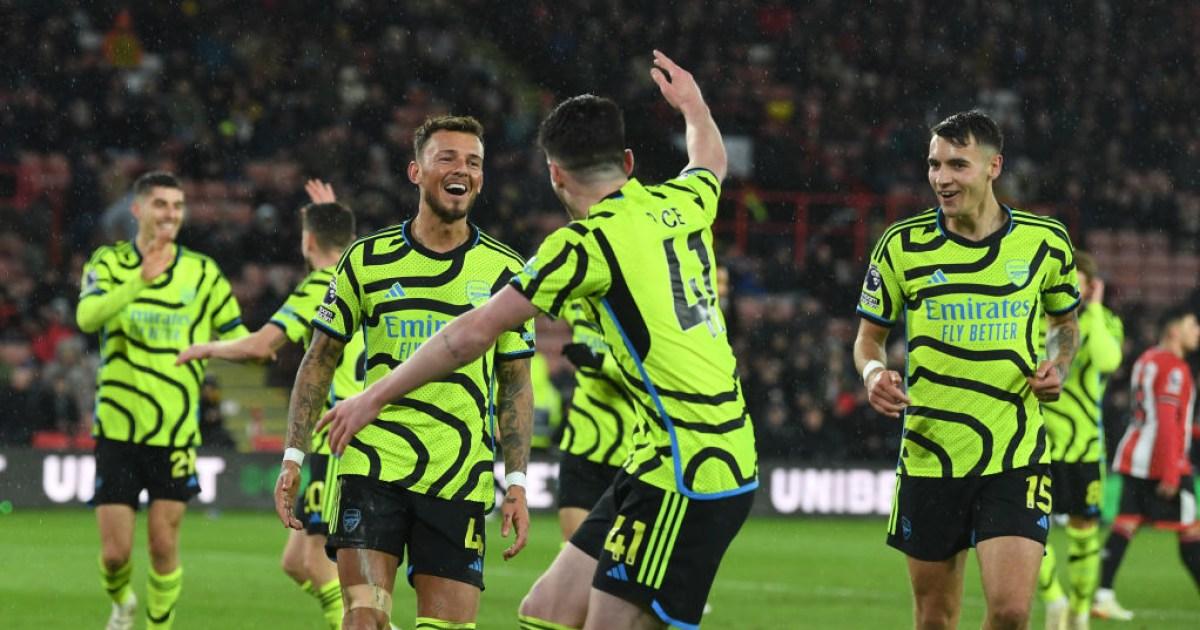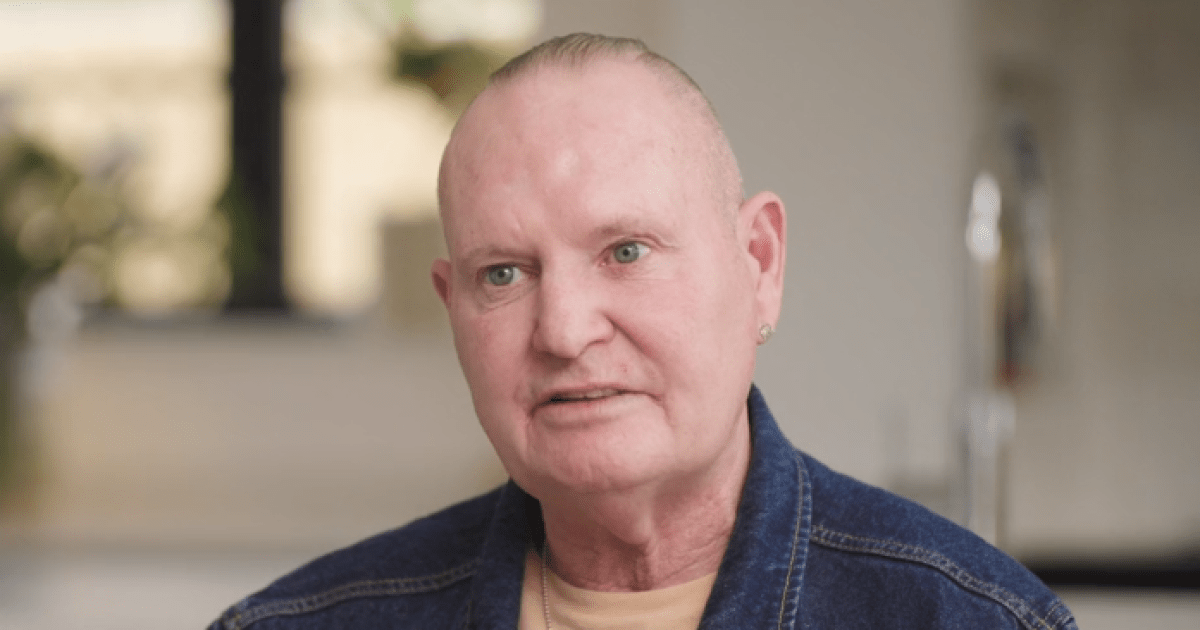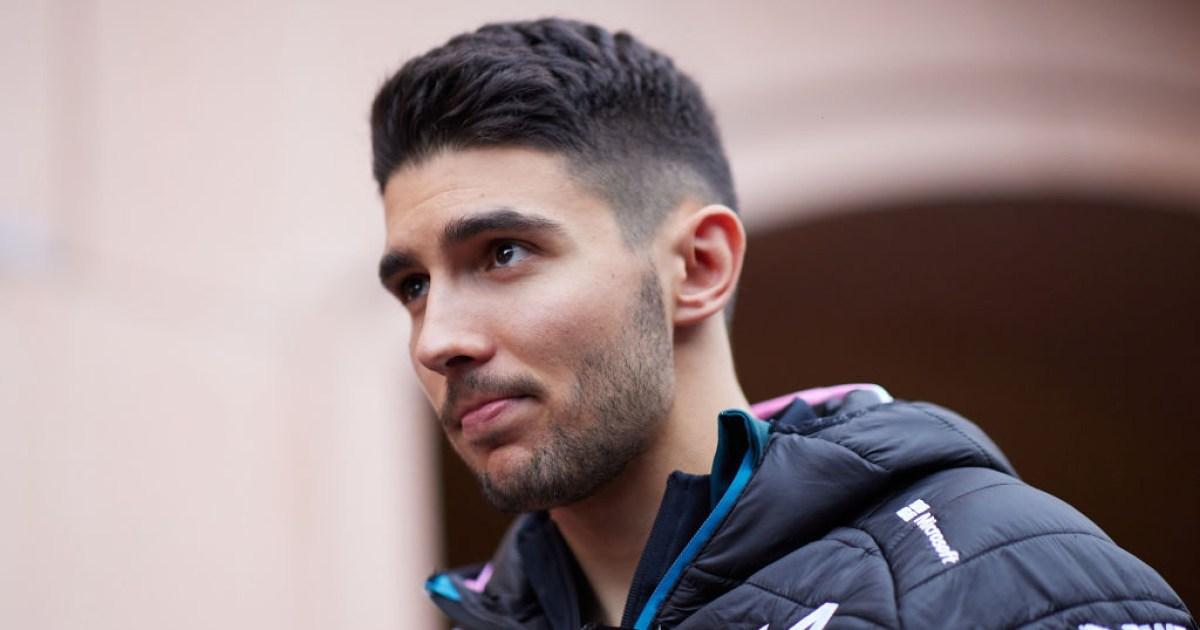The slice of gold Australians have enjoyed with their breakfast – or nightcap – in the past two and a half weeks is sadly no more. After 16 days of competition, and Australia’s most successful Olympic campaign, the Paris Games have formally closed with a largely dazzling, sometimes hilarious and unquestionably long ceremony at the Stade de France.
But those who now have the Olympic taste need not wait too long for the cupboard to be restocked. The Brisbane 2032 Games are just eight years away, and in the so-called green and gold decade a better first step in Paris could not have been imagined.
More than 100 Australian athletes and coaches enjoyed the festivities in Paris on Sunday evening, watching striking choreography, ageing French rockers and even an unlicensed breaking battle that erupted in a quiet moment between acts.
Meandering around the Stade de France, their spirits were high. The group – clad in lemon and light green shirts and beige shorts – took turns on the shoulders of heavyweight boxer Teremoana Jr. Harry Garside was lively alongside him, having overcome his disappointment earlier in the Games. Not far away was breaker Rachael “Raygun” Gunn, a new global star who was welcomed with a guard of honour.
Paddler Jess Fox was acknowledged for her appointment to the IOC athletes commission, her mother and coach Myriam pushing through the crowd to capture the moment on her phone, torchlight on full beam. Australia’s fastest man Rohan Browning, like his team-mates, left standing there for close to three hours.
They were there to celebrate a Games, and a team performance, that could hardly have gone better. Paris was Australia’s best Olympics in terms of gold alone. The 18 events won by the Australians exceeded the previous high of 17 set in Athens in 2004 and equalled in Tokyo. And with 53 total medals, the team recorded its best result in an overseas Games, and was only narrowly behind Sydney’s overall tally of 58.
First into the arena holding the flag were two of the Australian team’s supreme performers, both having defended titles won in Tokyo. Sailor Matt Wearn now has back-to-back Olympic golds in the men’s dinghy, the period in between ruined by long Covid that had him unable to leave bed. He is the first to ever defend an Olympic title in sailing.
Kaylee McKeown managed to defend both her 100m and 200m backstroke titles, becoming the first Australian to win four individual Olympic medals. The pool delivered seven golds, including Ariarne Titmus’s defence of her 400m crown.
Keegan Palmer was another to secure back-to-back golds, in the skateboarding park. The discipline delivered a clean sweep for Australia thanks to Arisa Trew’s victory in the women’s event.
The seven medals from the track and field were Australia’s highest total since Melbourne 1956, and there were firsts aplenty. Nina Kennedy’s gold in the pole vault was the first time an Australian woman has won a field event. Nicola Olyslagers and Eleanor Patterson both won medals in the high jump, the first time two Australians had ever shared the podium in a field discipline. Jessica Hull’s silver is the first time an Australian woman has won a medal in a track event further than 800m.
Then there were those fantastic Foxes in the canoe slalom. Opening ceremony flag bearer Jess Fox defended her Tokyo canoe single title, and finally claimed victory in the kayak, in which she has won a medal for four consecutive Games. And Noémie broke through for an emotional win in the kayak cross.
after newsletter promotion
As in Noémie’s underdog triumph, the Australians’ stories often resonated more than their performances. Saya Sakakibara took gold in BMX racing four years after her brother suffered a traumatic brain injury in the same sport. Grace Brown won the cycling time trial, two months after deciding to retire at the end of the year. And golds in cycling men’s team pursuit and tennis doubles were the reward for years of graft.
But the more poignant stories came from the athletes who didn’t win. Garside’s emotional rollercoaster after a surprise first round defeat was open and raw. Olli Hoare’s admission that he should have deleted Instagram, frank. And Eileen Cikamatana’s tears for failing to win her weightlifting coach a medal, heartbreaking.
Winners or not, all experienced the emotion and excitement of crowds that were sadly lacking in Tokyo. And the sheer passion of the French faithful will mean more Australian athletes will now target an appearance at Brisbane 2032, according to chef de mission Anna Meares. “The volume, the level of noise, the engagement has been really enlightening for a lot of athletes,” she said in her Games wrap. “That’s given them a real excitement to push through or look forward to Brisbane 2032, for the moment that they get to walk out and be that hometown athlete.”
Yet there are fears political infighting and lack of vision will make the 2032 event an embarrassment. Meares she said she has no such concern.
“I believe in our Brisbane Organising Committee, and I know that they will work hard in the next eight years to put on a great Games, and I hope that Australia and Brisbane will come together and work towards that same goal.
“All the criticisms that happened leading into Paris, the comments around the risks, the talk around the opening ceremony being on the Seine.. you’ve got to take risks, you’ve got to challenge yourselves, just as the athletes have.”
